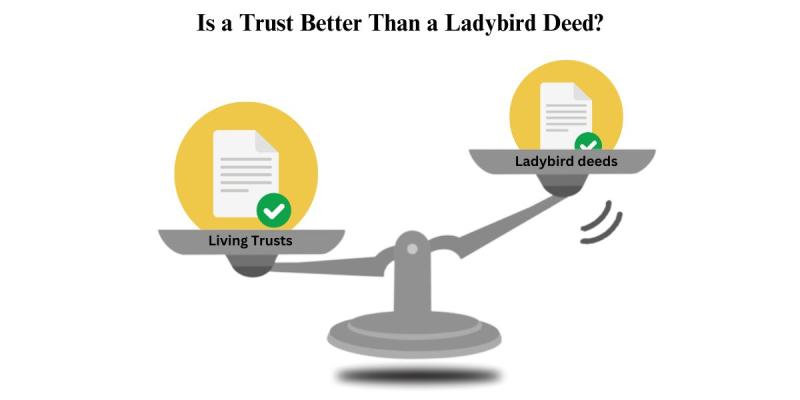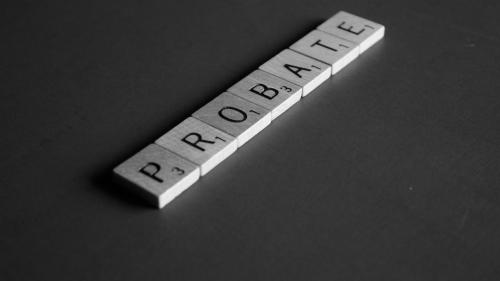From Nomination to Distribution: Key Steps of an Estate Executor

Being an executor of an estate is a role of importance and honor that requires someone committed. This role combines legal duties, like handling assets, settling debts, and executing the will, with emotional factors like managing grief and navigating family tensions.
Role of Executor
An executor serves a twofold function in the probate process. The obligation to handle the deceased's properties, pay off their debts and allocate remaining assets as per the will is imposed by the law. Yet, the presence of grief and family conflicts poses emotional complexities.
Role Acceptance
Usually, the executor role is presented through will nomination or court appointment. No matter how the role is presented, the choice to accept or decline remains yours. Should you refuse the role, another executor will be appointed by the court.
Probate Process Experience
Through probate, the court endorses the will and issues "letters of administration" to sanction your role. You are expected to identify and inventory assets, estimate estate value, and discharge valid debts. Timeframes for filing claims are defined, such as in Florida.
All remaining assets are allocated to beneficiaries per the will, once debts and taxes have been cleared. Selling assets like property or shares could be required to distribute the proceeds.
Emotional Balance
Emotional challenges are inherent to the probate process. Striving for balance between grieving, handling family dynamics, and executing duties is crucial. Professional mental health services can be sought, or support groups joined to connect with others similarly placed. Relief and practical advice can also be found in sharing these issues with loved ones.
Concluding Thoughts
Being an executor represents a demanding, yet rewarding role. Seeking professional advice from estates and trusts attorney for legal issues, or emotional support during this journey is advisable. It's worth remembering that this role symbolizes more than an obligation—it represents the profound trust and honor bestowed by the deceased.









Comments